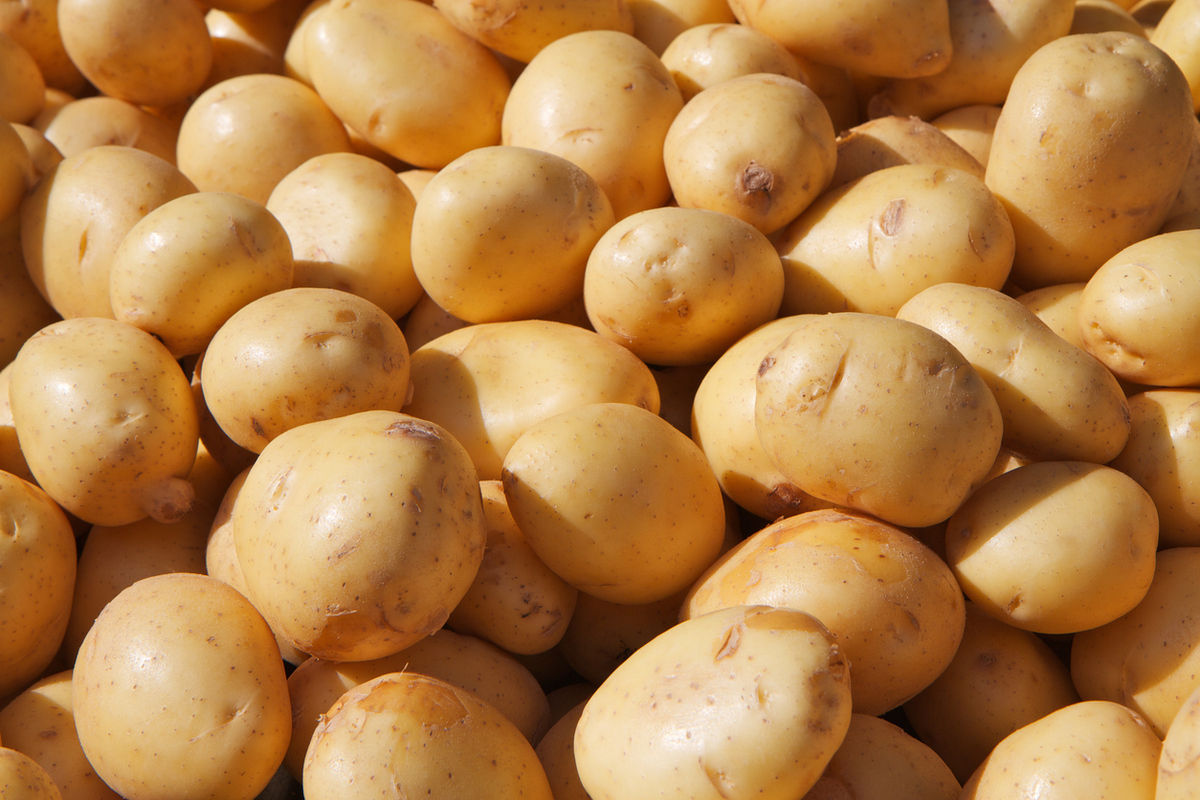
Gene Editing Produces Transgenic Potatoes with Low Solanine Levels
April 10, 2024| |
A study published in Biocatalysis and Agricultural Biotechnology shows that suppressing the solanidine galactosyltransferase (sgt1) gene in potatoes resulted in low levels of α-solanine without any changes in α-chaconine levels.
Potatoes naturally produce two major steroidal glycoalkaloids called α-solanine and α-chaconine, which may cause toxic symptoms in humans when consumed in large amounts. Certain stressful conditions, such as exposure to light, physical damage, or storage at improper temperatures, can also cause an increase in the production of glycoalkaloids in potatoes.
Hence, researchers from India used CRISPRi/dCas9-KRAB to suppress sgt1 to lower α-solanine levels in potatoes. Nutritional analysis in these transgenic potatoes shows no significant changes compared to a wild-type potato. The findings of the study accelerate current research on developing gene-edited potatoes with improved properties.
For more information, read the article from Biocatalysis and Agricultural Biotechnology.
| |
You might also like:
- Nigeria's GM Potato Project First-year Trial Shows 300% Yield Advantage
- Argentine Scientists Develop Non-Browning Potatoes Using CRISPR
- Bioengineered Late Blight Resistant Potato to Benefit 300,000 Smallholder Farmers in Uganda
Biotech Updates is a weekly newsletter of ISAAA, a not-for-profit organization. It is distributed for free to over 22,000 subscribers worldwide to inform them about the key developments in biosciences, especially in biotechnology. Your support will help us in our mission to feed the world with knowledge. You can help by donating as little as $10.
-
See more articles:
-
Gene Editing Supplement (April 10, 2024)
-
Research and Tools
- TALENs for Better Antidiabetic Plants
- Gene Editing Produces Transgenic Potatoes with Low Solanine Levels
- CRISPR Applications in Sugarcane and Non-Cultivated Grasses
-
Policy Considerations and Approvals
- Belgium's Health Authority Endorses EU Proposal on NGTs
-
Read the latest: - Biotech Updates (May 2, 2024)
- Gene Editing Supplement (April 24, 2024)
- Gene Drive Supplement (February 22, 2023)
-
Subscribe to BU: - Share
- Tweet

